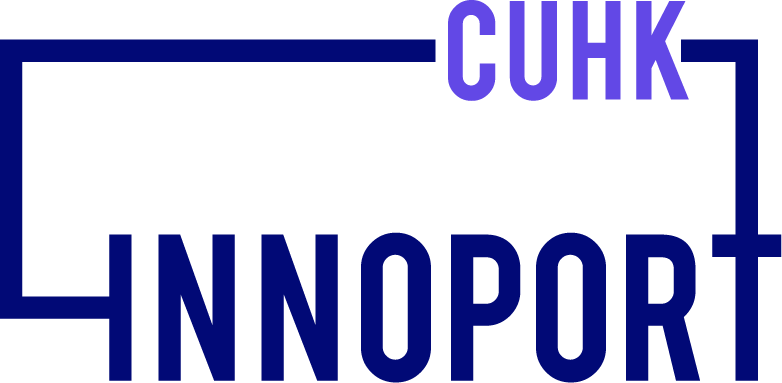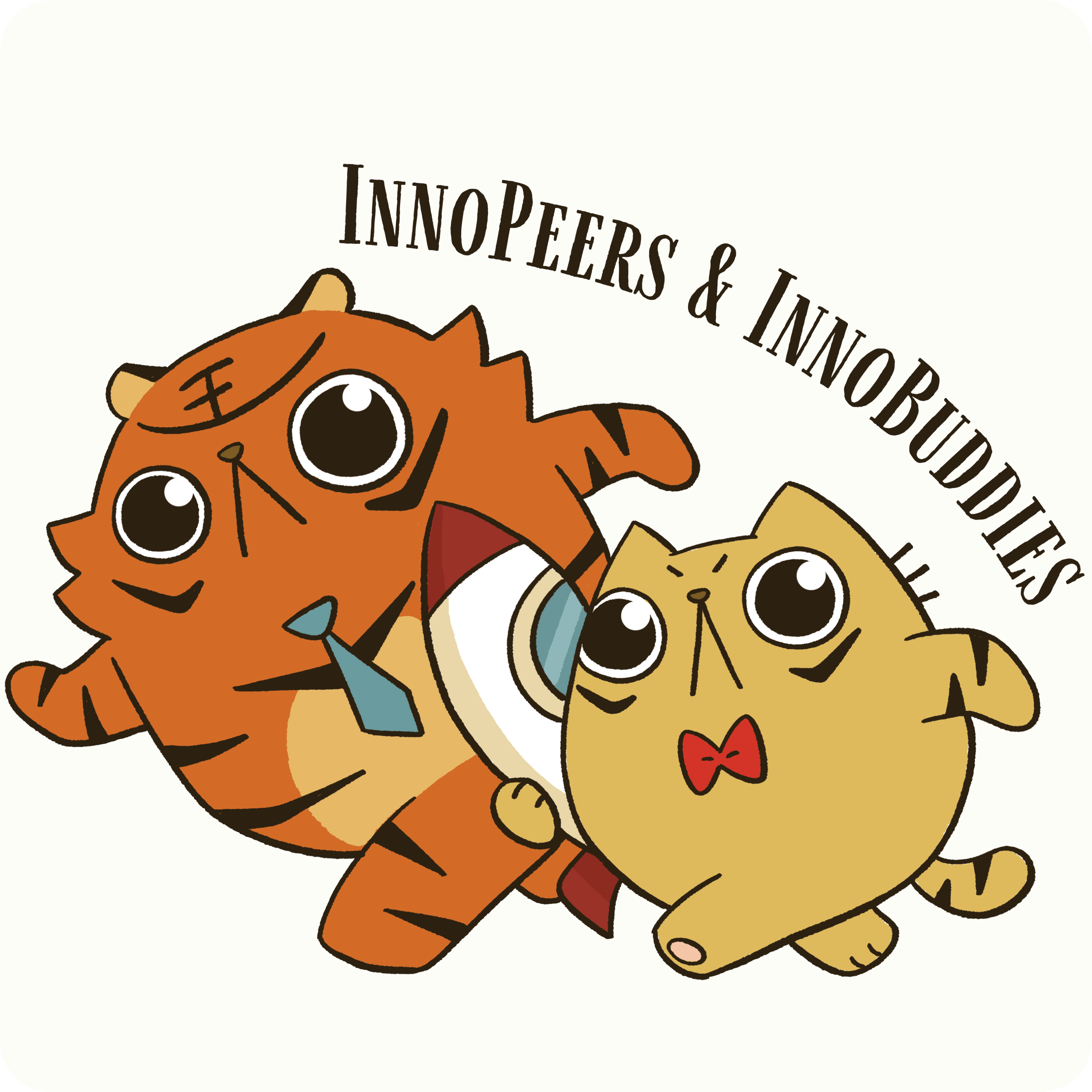“The best technology…is something that fails to be commercialised.” In his sleek, dark suit, the forthright epidemiologist roared in laughter. Prof Kelvin Tsoi engineered the first International Symposium on Digital Health in Hong Kong last year, gathering multinational experts in fruitful dialogues. Asked the most impressive technology showcased at the event, he mused and instead picked out an entrenched complication with start-ups – doesn’t matter how great the spec is if there’re no users.

Closing the “gap” between doctors and engineers
On constant guard against said pitfall, Kelvin set up social enterprise DeepHealth with several students in 2018. The CUHK Sustainable Knowledge Transfer Fund (S-KPF) is supporting his goal to transform years of research efforts in blood pressure data analysis and dementia into products that are not only of use, but also actually used.
The Associate Professor of the Jockey Club School of Public Health and Primary Care began his academic pursuit neither as a doctor nor an engineer – but a data scientist. As he researched in medical big data (including predicting and managing the risks of several chronic diseases), however, he established steadfast working relations with the two professions. The experience familiarised him with the thinking and working patterns of both sides, as well as their “blind spots”.
“Engineers aspire to design a ground-breaking blood pressure metre, but from a doctor’s point of view, how useful is that if patients don’t willingly take measurements in the first place? These cross-disciplinary meetings put engineers in the medics’ shoes and give them inspirations.” He happily bridges experts from the two fields.

Commercialising academic know-how
Teaching, doing research, fighting for funding, building databases, and on top of all that, managing a start-up. What could have prompted such a major decision? According to Kelvin, the first reason was the big trend. Citing Prof Francis Chan, Dean of CUHK Faculty of Medicine, knowledge transfer is a topical subject, “if CUHK doesn’t do so (strengthening research-industry translation), it’s gonna fall behind the whole wide world.”
“Before long, maybe professors will be assessed based on whether they started a business or not. Then we would have to set aside a part of our annual salary to ‘feed’ the company license!” He joked. On the other hand, retaining university talent while benefiting more people with his research – what’s not to like? “If research assistants decide not to further their studies, they often switch careers after a few years. Since I met students keen on founding a company, so be it.”
Christopher, who’s just graduated from School of Public Health, is Kelvin’s right-hand man. When he was still a student, he assisted Kelvin’s research and learned mobile app programming all by himself, taking charge of DeepHealth’s early-stage product development. He is now the company’s CEO.

“Truth be told, I appreciate you loads – a motivated self-learner. How far can one go if he or she needs to be pushed?” Out of the blue, “big brother” Kelvin confessed to Christopher, who was sitting next to him. What generous compliment – little wonder this Gen-Z disciple’s been a loyal follower for over four years.
Despite looking like he’s still in his salad days, Christopher surprised us with his sonorous DJ-voice. “Public health is a continual discovery of issues, while Kelvin’s research offers many low-cost solutions,” he underlined the distinctive feature of his company’s products.
Applying big data analysis in blood pressure management
HealthCap – blood pressure management platform and DeepHealth’s first product – is one of the many fruits that stemmed from Kelvin’s big data research. How’s that special, you may ask? Many people need to measure their blood pressure regularly with their own metres, yet most jot down the data manually. The lack of systematic monitoring renders it impossible to deduce risks of diseases in the long run. HealthCap was thus born to tackle these pain points.
Christopher explained that users only have to take a pic of the metre reading with their app, which would make an automatic record. Most importantly, the platform compiles a report for medical personnel and users to learn their risks of stroke or heart diseases, facilitating early prevention.
You may be thinking it’s an elderly product; in fact, cardiovascular diseases are increasingly striking the youth. “Start paying attention in your 40s,” Kelvin stressed. “Frankly speaking, my blood pressure is also relatively high, from the exacting work.” Besides managing your own data, the platform offers a premium “family version” that allows children to document for their parents with a single account. “We do school visits, teaching students data analysis and encouraging them to do their parents a favour.”


Modelling after Airbnb
DeepHealth’s second product – ScreenMat – is also a mobile app. It assesses users’ risks of dementia through sketching figures and a few simple questions. “Our target is a cognitive version of Airbnb. Once risks are identified – memory deterioration, for example – the platform recommends non-pharmacological interventions to the user, like dancing. Literature substantiates that it improves your memory, having to learn the steps by heart,” he described.
While calculation and data analysis may not be much of a challenge to Kelvin, there’s so much more to running a business. “I’m no good at putting together a business model. Genuinely fortunate to be graced by helping hands.” To expand their B2B market, he brought on board a university classmate who’s well-acquainted with the insurance industry. “Often enough, work can’t be completed alone.”
With so many “battlefronts” both within and out of office hours, all the while parenting two sons – Kelvin’s protests about his relatively high blood pressure and stress levels came as no surprise. Got some hobbies to wind down perhaps? “Hobbies? Doubt I have any,” he chuckled, “My mind is often occupied by work on Saturdays.” His right-hand man ended up giving him “warm reminders”: “Don’t you like listening to music?” “What about skiing?”
“Reading…? I’d shudder if you call that my pastime,” he laughed at himself, then thought for a moment, “I used to take pleasure in reading magazines about economics. Not the ones that give tips on speculation of stocks – the ones that introduced me to unfamiliar knowledge. For instance, why did China build its own Amap (高德地圖)? Are other countries happy with using Google Maps? And like MeituPic (美圖秀秀), and how an enormous cosmetics market is actually involved behind the scenes…” He believed these stories broadened his horizons, “though I’m too busy to read as much now, unfortunately.”

“I was a shy guy!”
As we interrogated further, it appeared that Kelvin do have some leisure interests, just that he could no longer make time for them. Back in secondary school, the outdoors lover signed up for the Duke of Edinburgh’s Award (currently the Hong Kong Award for Young People). He was even a youth instructor at the Boys’ and Girls’ Clubs Association of Hong Kong during his university years, leading hiking and camping expeditions. This was probably why he hit it off with students so easily, even now.
“I used to be quite timid…serving at the Association was partly an attempt to mould my character.” The way he chatted away and cracked jokes during the interview bore little resemblance to his self-portrayal. “Some friends were curious to know how I became talkative over the years. Though this has now been established as a fact, I told myself, there’s a fine line between chatting and bragging. I strongly believe I’m not the doing the latter!” He laughed again.
After his PhD graduation, Kelvin had worked at the Hospital Authority and CUHK, taking charge of multiple medical research projects. Did he find any of them particularly fulfilling? He stressed that his work was far from being considered accomplishments, “but I’m honestly happy to have met great doctors and engineers, that I share their common language and have the opportunity to take their expert knowledge downstream.” He aims at reaching 100 thousand users on his platform.
DeepHealth at a glimpse

Founding year: 2018
Founding member: Prof Kelvin Tsoi
Founding team: Epidemiologists and data scientists from Faculty of Medicine, CUHK
Mission: To alleviate the medical burden on our society from an ageing population, while contributing fruits of research to the community
Products:
1. HealthCap app, applying deep-learning technology and big data to analyse blood pressure trends and detect health risks
2. ScreenMat app, employing digital screening techniques to assess cognitive functions and matching corresponding brain-strengthening activities
Services: Health management and education, data analysis
Contact: info@deephealth.com.hk|Website: www.deephealth.com.hk
Knowledge Transfer (KT)|Scholarly Keyword

Did you know that KT is the “third mission” of universities besides teaching and research? While “tech transfer” – a buzzword in the China-US trade war – is a major component of university KT, it covers also patents, licenses, starting companies, doing public lectures, even making an appearance on Sidewalk Scientist (學是學非).
Citing Prof Francis Chan, Dean of CUHK Faculty of Medicine, Kelvin believed that knowledge transfer is a topical subject that CUHK should catch up with. The mainland government had responded swiftly to the trend: guidelines issued this January encourage institutions to offer researchers a max 3-year leave so they may focus on starting businesses – all benefits retained!
Dr Tong’s team from the Department of Physics inspiring secondary school students with a full-functioning MRI machine. (Photo: ORKTS)
By Kary Wong@ORKTS
English translation by Cathy Wong@ORKTS




